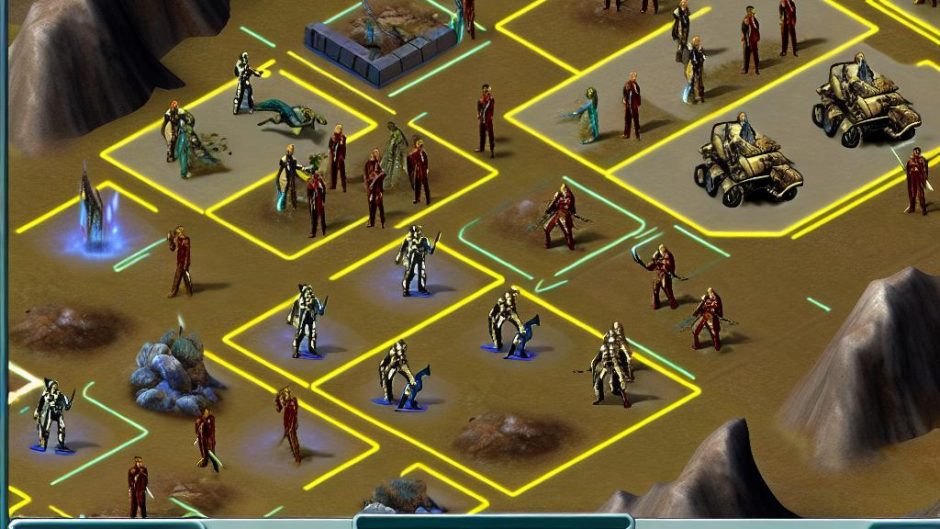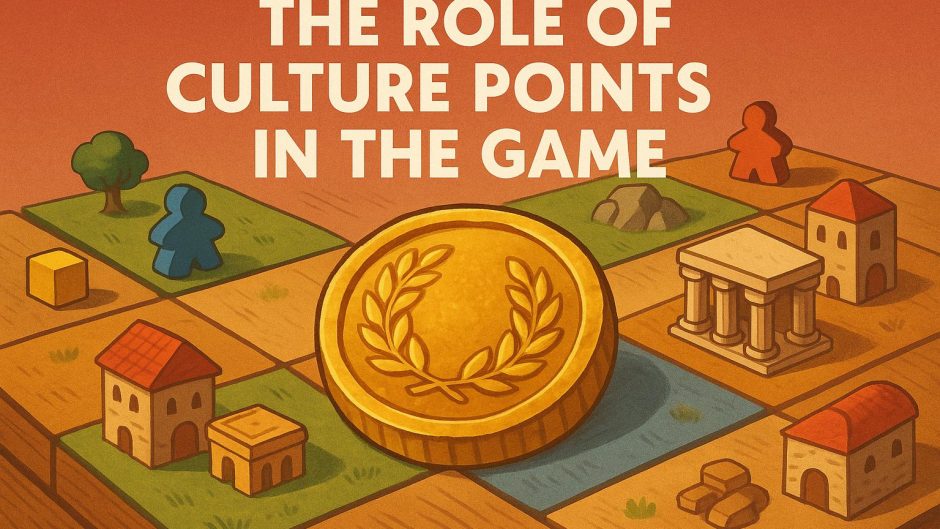The Role of Heroes in Empire Earth III
Empire Earth III, a captivating real-time strategy game, provides players the unique opportunity to guide their chosen civilizations from the ancient to futuristic eras. An integral feature of this game lies in the inclusion of heroes, who assume various strategic roles throughout the gameplay. By gaining insight into the function and benefits of heroes, players can achieve tactical advantages that enhance their gameplay experience.
Characteristics of Heroes
Heroes in Empire Earth III are distinguished units that feature specialized abilities, setting them apart from the standard units. Their presence in battles is marked by considerable impact due to their enhanced strength and special powers. Designed with the capacity to alter the course of confrontations, these heroes boast remarkable health and attack attributes, making them formidable forces on the battlefield.
Special Abilities
Every hero is equipped with distinct abilities that significantly contribute to their strategic value. These abilities vary, offering offensive enhancements such as area damage attacks, or defensive buffs that improve the durability of surrounding units. A selection of heroes is also endowed with the capabilities to heal units, expedite resource collection, or confer other advantages. The judicious deployment of these abilities can profoundly influence the outcomes of engagements, often tilting the scales in favor of adept players.
Strategic Placement and Use
The effective placement of heroes in the battlefield is crucial to harnessing their potential. Given their formidable power, players must strike a delicate balance between aggressive utilization and cautious protection to retain their effectiveness over the course of a campaign. The survival of these heroes is pivotal, since their presence often imparts buffs or morale boosts to nearby units. In many instances, the life or demise of a hero may pivotally influence victory or defeat, underscoring their strategic importance.
Rather than simply being frontline combatants, heroes can be utilized in support roles, flanking maneuvers, or to target enemy weak points. Their unique abilities allow them to adapt to evolving battle conditions, where their role can switch from offensive spearhead to defensive backbone. This versatility is an invaluable asset, encouraging players to plan ahead and save their hero’s abilities for key moments.
Development Through Ages
As the game progresses from one era to the next, heroes evolve in tandem with other units. Their special abilities and strengths adapt alongside technological and cultural advancements, continually offering novel tactical opportunities as the civilization progresses. This evolution demands that players strategize for the long-term development of their heroes, aligning their attributes with the overarching game plan to maintain superiority against adversaries.
This progression of heroes not only adds depth to gameplay but also aligns their utility with the current state of the game world. Initial strengths may become baseline attributes, while some abilities become obsolete. As technological and tactical options advance, players need to think critically about which way to evolve their heroes for maximum impact.
The Strategic Importance of Heroes
The utilization of heroes offers layers of strategic depth. Their enhanced capabilities provide players with significant leverage over their opponents. However, this requires an advanced level of situational awareness. The presence of a hero can deter enemy aggression or embolden troop movements, making their presence a key tactical consideration in any engagement.
Furthermore, the loss of a hero in the heat of battle can be demoralizing. To mitigate this, players often need to invest resources into hero protection or reserve their hero for when their presence will create the maximum impact. By assessing the opposition and managing resources effectively, players can dictate the battlefield’s terms and secure their strategic positions through hero deployment.
The Tactical Impact of Heroes Across Eras
The ability of heroes to bridge multiple eras in gameplay creates opportunities for sustained tactical impact. As civilizations progress, the consistent development of heroes remains a vital concern for players aiming to maintain their competitive advantage. As different epochs come into play, the evolving tactics often necessitate fresh approaches to hero usage, ensuring that they remain relevant across diverse scenarios.
This temporal progression requires players to anticipate how their heroes’ roles might change. From infantry leadership in early eras to commanding advanced military technologies, heroes must be integrated into the player’s strategic framework continually. This necessitates a balance of offensive and defensive postures, ensuring their unique abilities are at the forefront during key clashes, helping to shape conflicts across time.
Conclusion
The incorporation of heroes within Empire Earth III introduces an enriched layer of complexity, prompting players to carefully consider their use throughout various game stages. Leveraging the exceptional abilities and strengths of heroes can elevate strategic options, often tipping the balance towards dominance in myriad scenarios. For those seeking to navigate the game’s intricacies effectively, understanding and competent utilization of these heroes are indispensable for success across Empire Earth’s numerous eras. Moreover, players may glean additional insights into strategic gameplay by engaging with community forums or exploring available strategy guides online.




Recent Comments